The need for shifting from the linear economy – the ‘take-make-use-dispose’ model of consumption to be more circular is growing exponentially along with an increasing population, expanding economic growth and dramatic increasing price of materials.
The higher price of inputs, such raw materials and energy, is undeniably increasing competition for obtaining resources in general, that may lead to shortages and disruptions, resulting in accelerated degrading environment.
Expanding human economic activities that compromise environment at the same time, indeed may create unsustainable growth. In the long run, it would inevitably leads to slower development.
Thus, academic, business, and government entities around the world start to realise that linear system of resource consumption exposes severe risks to society and businesses. To mitigate the risks, several concepts have been developed to decouple economic growth from the environment.
The Circular Economy, as one of those concepts, is primarily considered as a possible business strategy for all-size companies to engage with such challenges – producing more yet using fewer inputs. On the other hand, taxation has been seen as a sustainable solution that might address economic, social and environmental issues.
However, a transition activity towards Circular Economy is needed and yet, a challenging task to do. It definitely requires a higher regulation for accelerating the transition and simultaneously creating a reactive adaptation for society and business actors.
Circular Economy
The first institution that bring up Circular Economy model is Ellen MacArthur Foundation (EMF). EMF had been established with the aim to build positive future by utilising Circular Economy.
Here, Circular Economy is defined as “an industrial system that is restorative or regenerative by intention and design. It replaces the ‘end-of-life’ concept with restoration, shifts towards the use of renewable energy, eliminate the use of toxic chemical, which impairs reuse, and aims for the elimination of waste through the superior design of materials, products systems, and within this business model”.
The definition implies that Circular Economy model is based on the idea of keeping material and natural resources, either as inputs or outputs, as long as possible while retaining their economic value and technical properties in a closed-loop system.
Closed-loop Supply Chain
A supply chain is a network in a business that plays important role in developing Circular Economy. A traditional supply chain, which is called ‘forward supply chain’, means a system connecting materials, suppliers, production and distribution facilities through the feed-forward flow of materials and information.
It is thoughtful to believe that the members of the supply chain are aiming at the maximum economic benefits from the backward flows. On the other hand, a reverse supply chain is defined as a process of planning, implementing, and controlling the efficient, cost–effective flow of raw materials, in–process inventory, finished goods, and related information from the point of consumption to the point of origin for the purpose of recapturing value or proper disposal.
Based on both definitions above, a classical supply chain, the information and the material are flowing from its origin to the end of consumer. While the reverse supply chain makes it possible to bring up the products through recovery processes by reusing the material.
Accordingly, if the forward and reverse supply chain are considered in a simultaneous process, it will form a closed-loop supply chain network. Therefore, a closed loop supply chain is definitely a potential target of business network for implementing the Circular Economy.
Fiscal Policy as a Nudge for Implementing Closed-Loop Supply Chain
The fiscal policy mainly aims at addressing several types of barriers, such profitability for companies and unpriced externalities. Fiscal policy sometimes is also referred to as market-based instruments, which typically includes levies, taxes, eco-charges, etc. It is indeed a powerful policy instrument, as economic benefit strongly drives companies and people as well.
In the world of circular economy, fiscal instruments can be applied either to discourage non-circular activities or explicitly support circular economy opportunities.
In EU, this kind of policy is currently popular, and most of them are in a form of taxation scheme. The taxation schemes are mainly focus on reducing consumption in general terms.
For example, mining taxes; carbon pricing; petrol and electricity taxes. However, the taxation scheme should be beyond those boundaries by considering the resources type that is consumed – renewables and non-renewables.
On the other hand, labour costs are viewed as potential tools to encourage recovery processes in business. Labours should be seen as renewable resources, considering working is a most versatile and adaptable to all resources.
Conversely, consumption of natural resources that are used for producing energy should be considered as non-renewable resource consumption. It is, therefore, taxing non-renewable resources should not be considered only for controlling consumption, but also jeopardising the future survival.
To move the society to be more sustainable, shifting taxes from renewable to non-renewable resources is needed. It is indeed a way to accelerate the transition to a Circular Economy.
This concept is analogous to several studies that have suggested similar financial policy instrument, namely sustainable taxation (Stahel, 2010; 2013), and green tax reform (Milios, 2016, Wijkman & Skånberg, 2015).
Those policy instruments, primarily aimed at promoting high-quality labour-intensive approaches by lowering the labour cost, while heavily taxing non-renewable virgin materials.
To Sum Up
Circular Economy model is based on the idea of keeping material and natural resources, either as inputs or outputs, as long as possible while retaining their economic value and technical properties in a closed-loop system.
Having the capability of developing sustainable society, Circular Economy is considered as a powerful strategy for achieving numerous goals in UN’s Sustainability Development 2030.
Thus, the transition towards Circular Economy mainly emerges from legislation rather than academics thought. However, the shifting processes from linear to be more circular would take time. To accelerate this transition, a national-level strategy is needed.
Further, for giving a nudge to business actors for implementing Circular Economy, we need to develop a set of fiscal policy that may change the idea of taxation scheme, such resource-labour tax shift. Resource-labour tax shift sees labour as renewable resources, while natural resources are considered as non-renewable resources.
Thus, the consumption of natural resources should be taxed heavily. Meanwhile for the labour, the source of innovation, should be utilised optimally for labour-intensive recovery activities, for accelerating the Circular Economy transitions.
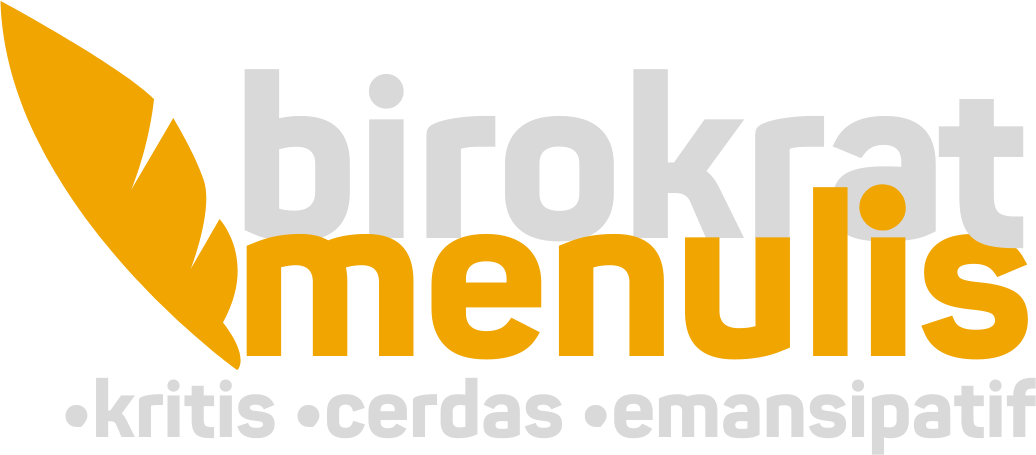

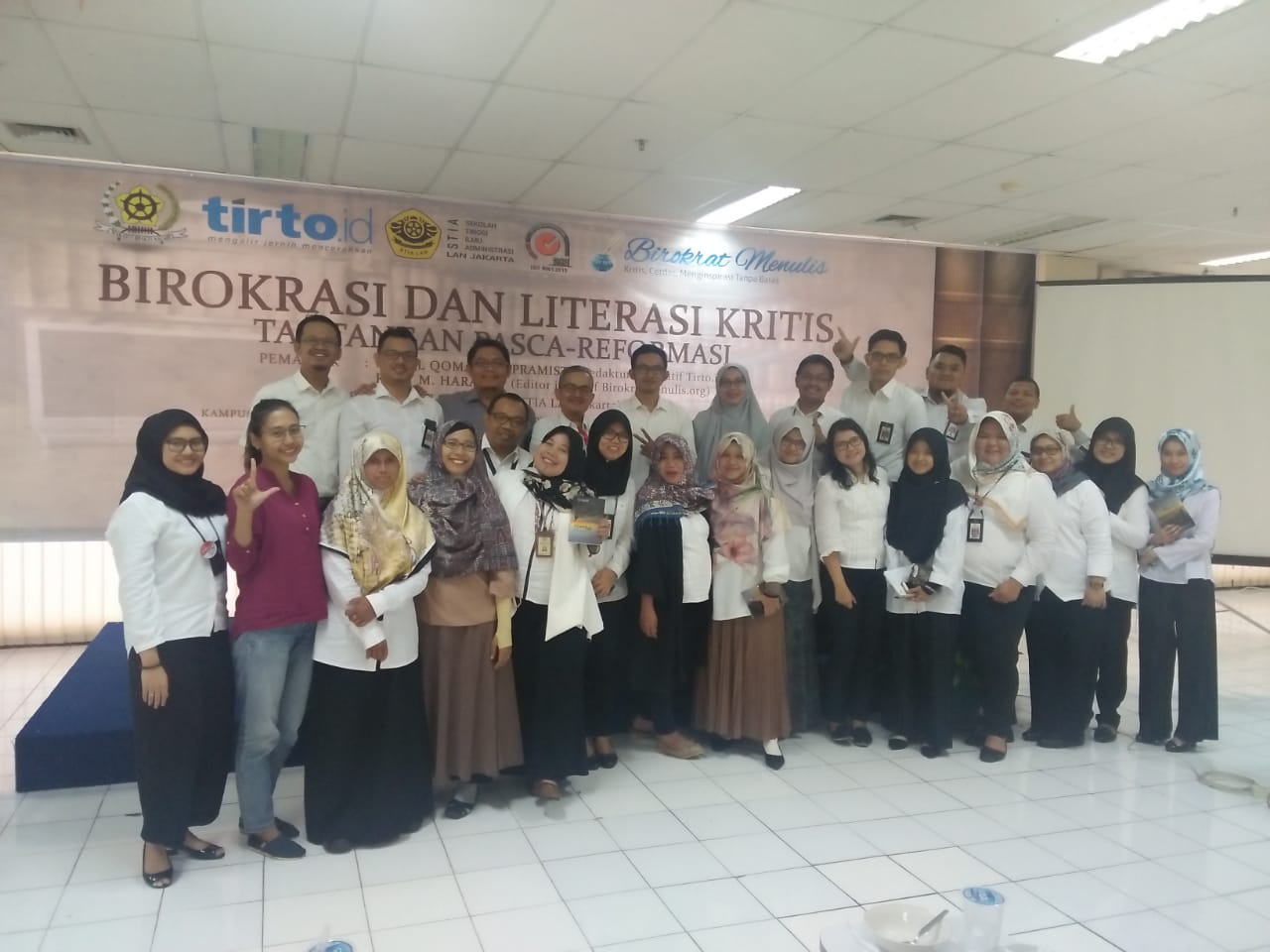
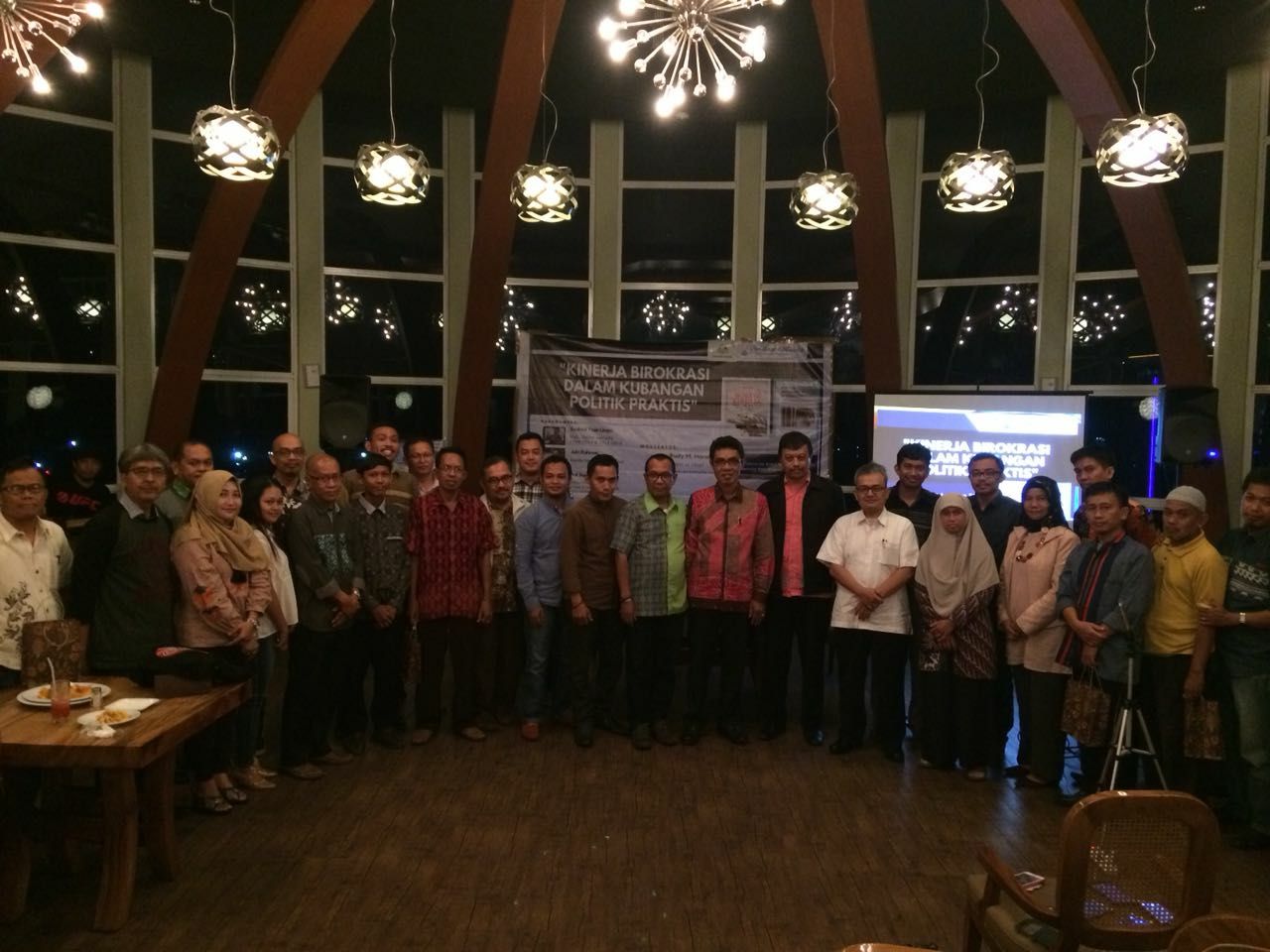
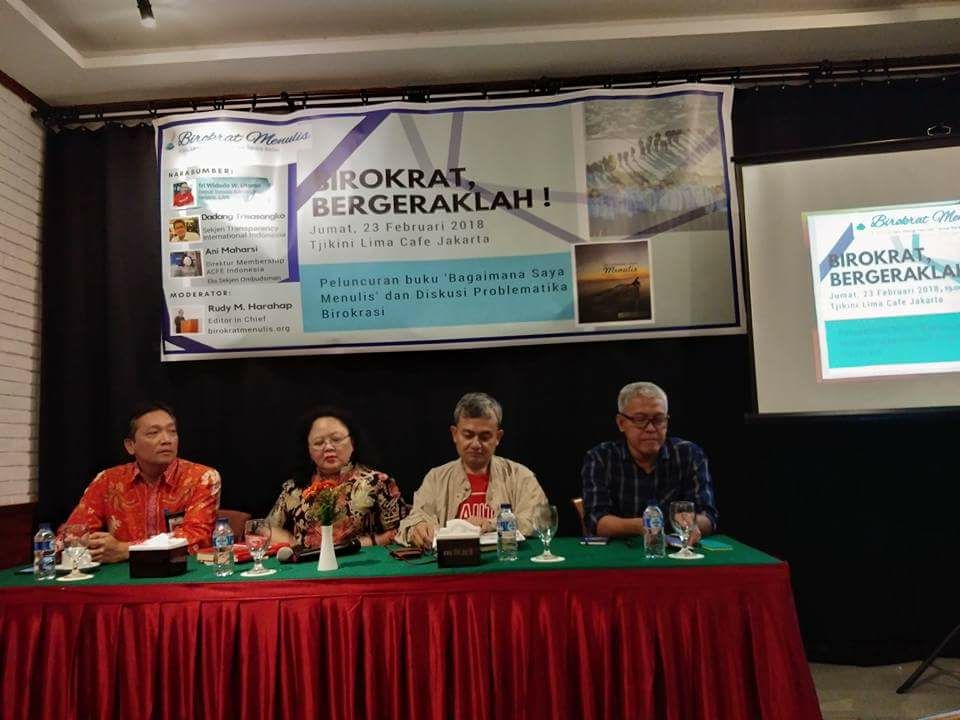
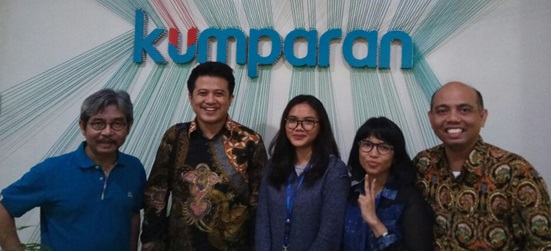
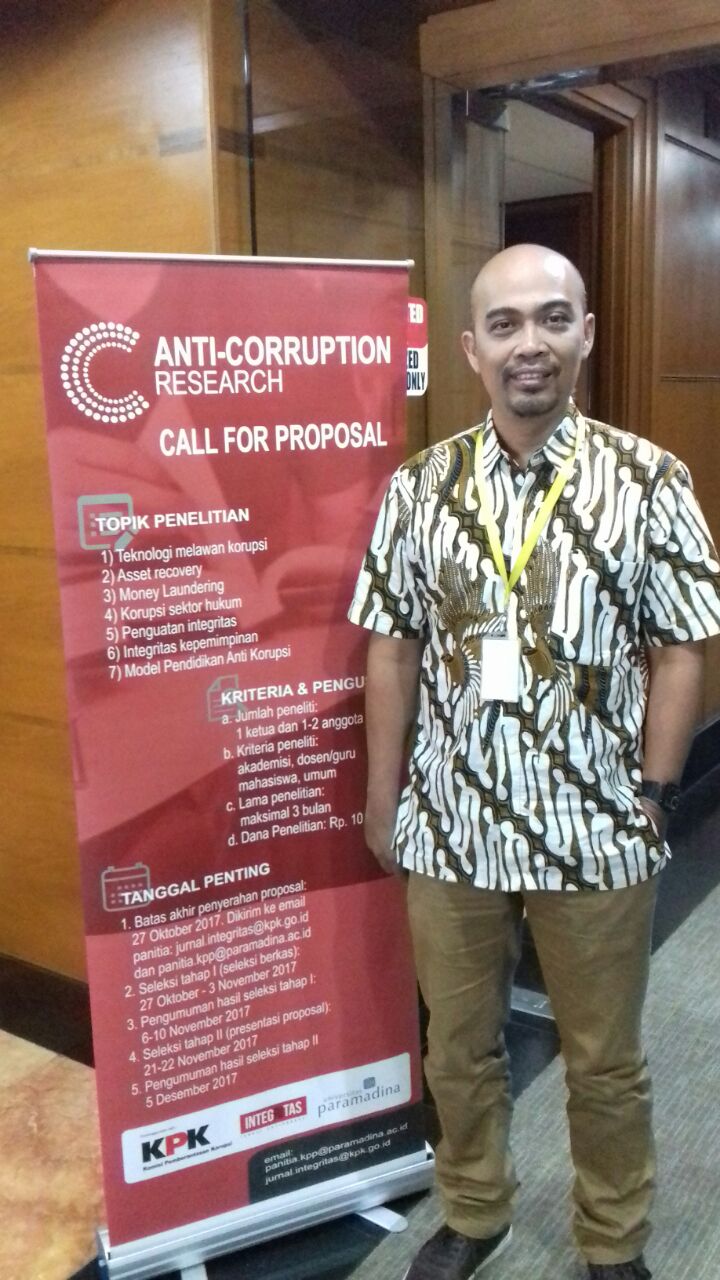
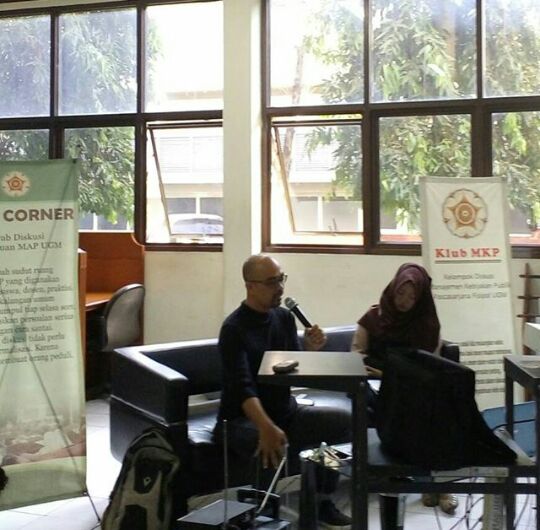







roaming mode on 😀
@fitra, Semangat dong pak, ASN katanya pgn jadi world class, berarti kudu semangat belajar bahasa asing jg